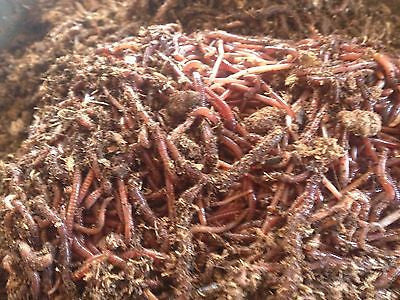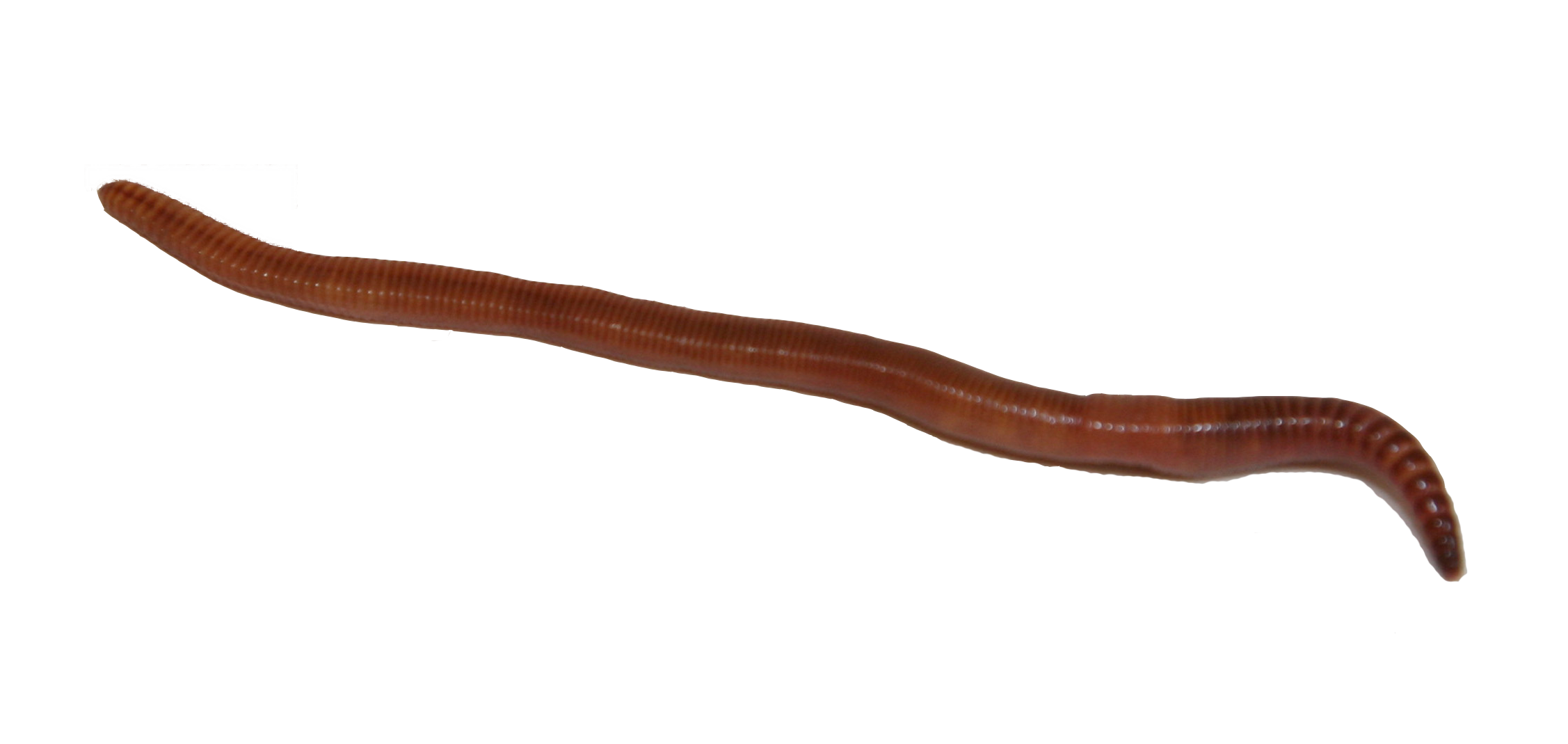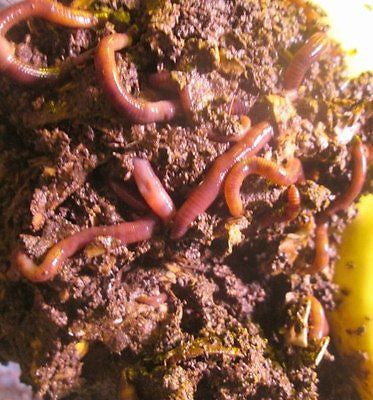Why Red Wigglers Are Essential for Organic Farming
Red wigglers play a critical role in natural farming, mostly via their special capacity to decompose natural materials and boost dirt wellness. Their activity not only improves the dirt with crucial nutrients yet additionally promotes a thriving ecosystem crucial for lasting agriculture. In addition, the physical processes they participate in, such as aeration and moisture retention, add dramatically to enhanced crop yields. Nevertheless, the extent of their impact on agricultural methods and dirt biology raises interesting concerns concerning the future of organic farming. What implications might this have for farming techniques?
Role of Red Wigglers in Soil Health And Wellness

In addition, red wigglers boost dirt structure by creating channels as they delve. These channels improve oygenation and water infiltration, advertising a healthier root environment. Their task also aids in maintaining optimum wetness degrees, which is critical for healthy and balanced plant development.

Advantages of Worm Castings
Worm castings, the nutrient-rich excrement created by red wigglers, serve as a powerful modification for natural farming. These castings are teeming with important nutrients such as nitrogen, phosphorus, and potassium, which are essential for plant development. Unlike artificial fertilizers, worm spreadings launch nutrients gradually, giving a constant supply over time and minimizing the risk of nutrient leaching and overflow.
Moreover, worm castings enhance soil framework and aeration, advertising healthier root systems. Their high raw material content boosts wetness retention, enabling plants to better endure dry spell problems. Additionally, worm spreadings include advantageous microbes that support plant wellness by reducing pathogens and boosting nutrition uptake.
The application of worm spreadings can result in raised plant returns and boosted quality of produce, making them an important source for organic farmers. Their use additionally aligns with lasting farming practices, contributing to soil fertility without the adverse ecological impacts linked with chemical fertilizers. Generally, the unification of worm castings into farming practices promotes an extra resilient and productive ecosystem, emphasizing the relevance of red wigglers in chemical-free farming systems.

Enhancing Nutrient Biking
Furthermore, red wigglers assist to increase the mineralization of nutrients, converting them from inert types right into bioavailable kinds that plants can absorb. This procedure is crucial for maintaining soil fertility and advertising healthy and balanced crop growth. The existence of red wigglers additionally urges a diverse soil environment, cultivating an equilibrium of nutrients that supports important source different plant types.
Improving Soil Structure
The enhancement of dirt framework is essential for cultivating a healthy agricultural community, and the activity of red wigglers dramatically adds to this improvement. These earthworms play a vital function in freshening the dirt and developing a network of networks that promote water seepage and root infiltration. As they burrow through the dirt, red wigglers break up compacted layers, enabling better oxygen exchange and promoting microbial activity.
Additionally, the raw material created from their waste, known as vermicast, enhances dirt aggregation. This procedure develops secure globs of soil bits, boosting dirt porosity and lowering disintegration (red wigglers). The existence of red wigglers likewise encourages the development of helpful fungal networks, which are crucial for nutrient uptake by plants
Encouraging Lasting Practices
Incorporating red wigglers right into natural farming practices not only enhances dirt health and wellness but also advertises sustainable agricultural approaches. These earthworms play a crucial role in vitamins and mineral cycling, changing natural waste into valuable garden compost that improves the soil. By using red wigglers, farmers can successfully reduce reliance on artificial fertilizers, consequently lessening chemical drainage and its harmful effects on ecosystems.
Additionally, the incorporation of red wigglers motivates the practice of reusing organic materials, such as kitchen area scraps and ranch waste. This waste decrease method not only reduces disposal prices but also promotes a closed-loop system where nutrients are constantly gone back to the soil (red wigglers). Such techniques are vital in mitigating environment modification, as they improve carbon sequestration and decrease greenhouse gas exhausts
Furthermore, red wigglers boost water retention in the soil, which is critical in times of drought. Their burrowing tasks develop channels that enable water to pass through deeper into the ground, hence promoting effective water usage. Ultimately, integrating red wigglers right into chemical-free farming not only sustains biodiversity yet also lines up with the concepts of sustainable agriculture, supplying a holistic technique to food manufacturing.
Conclusion
Finally, red wigglers play an essential duty in natural farming by considerably improving dirt health and fertility. Their ability to disintegrate raw material and create nutrient-rich spreadings cultivates a flourishing microbial neighborhood, which is crucial for nutrient cycling. Furthermore, the tunneling tasks of these worms enhance soil structure and aeration, facilitating better water seepage and root growth. Hence, the integration of red wigglers into agricultural practices is crucial for advertising sustainability and improving total dirt top quality.
Comments on “Red wigglers: For sustainable composting”